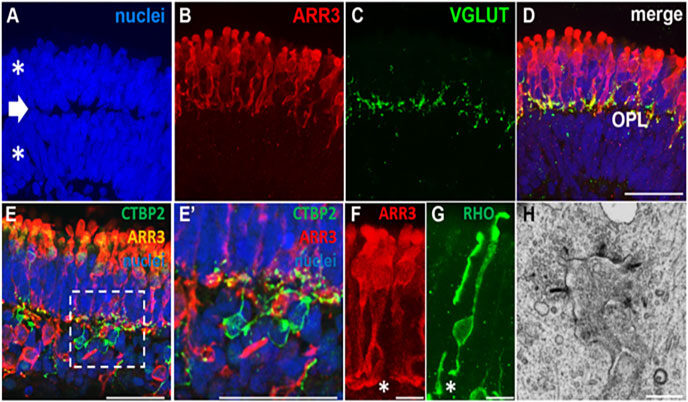
UW study finds photoreceptor cells from retinal organoids can replicate key functions of vision
Researchers from the University of Wisconsin School of Medicine and Public Health have successfully shown that a retinal cell type derived from human pluripotent stem cells is capable of the complex process of detecting light and converting that signal to electrical waves.

UW–Madison expert launches novel cancer research using sharks
There are some new residents on the University of Wisconsin–Madison campus, but they aren’t students, they’re sharks.
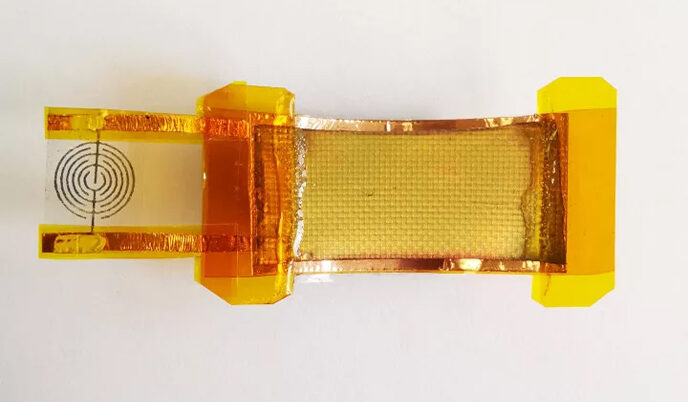
Bandage uses body’s own energy to speed wound healing
UW–Madison researchers have developed a bandage that uses the body’s own electrical energy to speed wound healing.
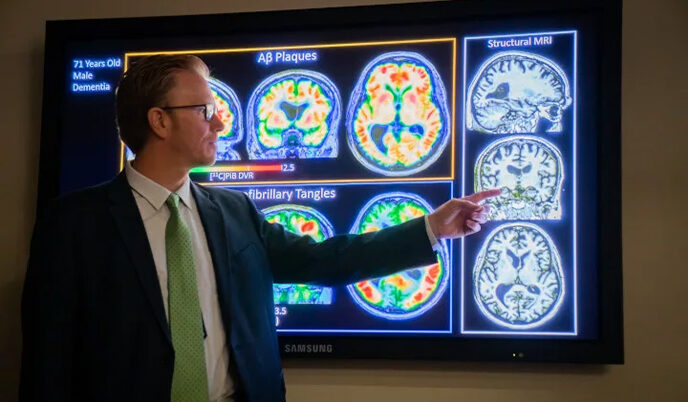
Wisconsin Registry for Alzheimer’s Prevention marks 20th anniversary
November marks a significant scientific milestone for the Wisconsin Registry for Alzheimer’s Prevention (WRAP) study at the University of Wisconsin School of Medicine and Public Health. It is the 20th anniversary of a groundbreaking study that is advancing the field of Alzheimer’s research here in Wisconsin and internationally.

UW teams up with NFL on research designed to reduce head injuries in athletes
Researchers at the University of Wisconsin School of Medicine and Public Health are partnering with the National Football League (NFL) to study how on-field head impacts can inform injury reduction efforts at the professional and collegiate levels.
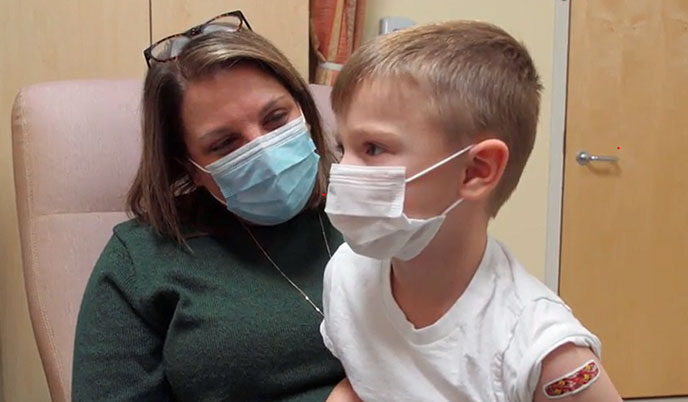
Moderna COVID-19 vaccine pediatric clinical trial to focus on ages 6 months to 5 years
The KidCOVE phase three clinical trial at the University of Wisconsin School of Medicine and Public Health, which is evaluating the safety and effectiveness of the Moderna COVID-19 vaccine in children, has shifted focus to kids 6 months to 5 years old.
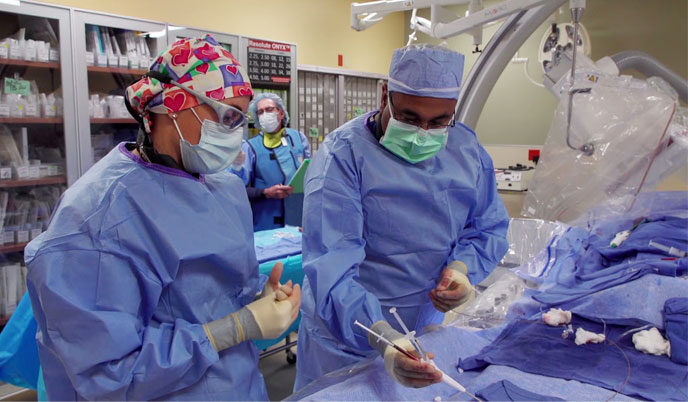
UW Health treats first patient in U.S. with investigational cell therapy for heart disease
Appleton resident Donald Krause became the first patient in the country last week to undergo an investigational cell therapy for a debilitating heart condition called chronic myocardial ischemia (CMI).
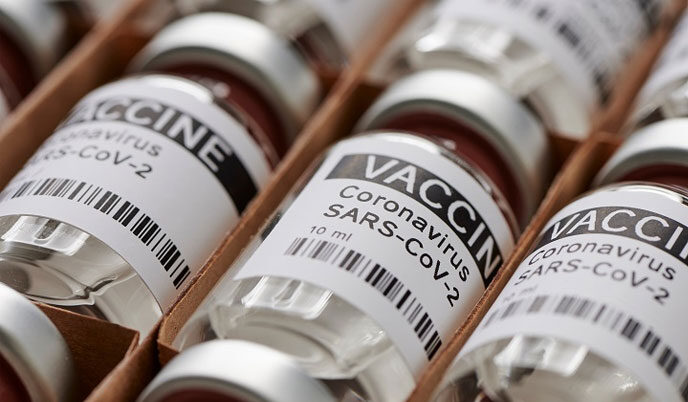
UW study examines allergic reactions to COVID-19 vaccines
Researchers from the UW School of Medicine and Public Health are seeking participants for a clinical study that examines whether the mRNA COVID-19 vaccines (Pfizer/BioNTech and Moderna) pose an increased risk for allergic reactions in individuals who are already considered “highly allergic.”

Pediatric research study aims to get medically complex K-12 students back to school safely
The last 18 months have been a struggle for 6-year-old Cade Moureau and his family.

UW researchers to study risk factors for injury in high school runners
Researchers from the University of Wisconsin School of Medicine and Public Health are teaming up with more than 20 high schools across Wisconsin this fall to study how certain risk factors contribute to running-related injuries in high school cross country runners.
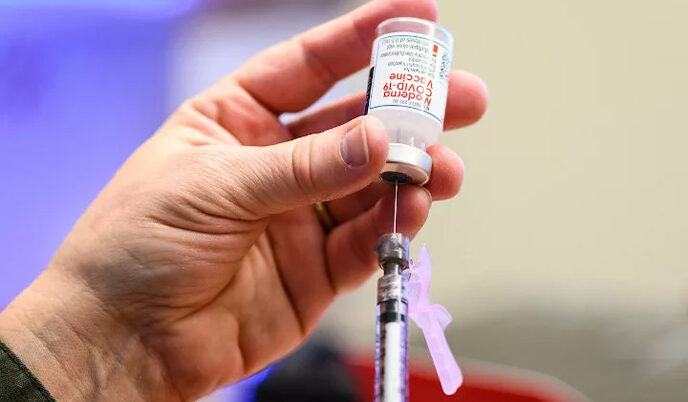
UW selected as site for Moderna COVID-19 vaccine pediatric clinical trial
Aug. 16, 2021 update: Thanks to overwhelming interest from our community, UW Health and the UW School of Medicine and Public Health have already met the recruitment objectives for Moderna’s pediatric COVID-19 vaccine clinical trial. If your child is selected to be part of the trial, you will be contacted directly. Advancements in science, public health, and clinical care often cannot happen without a supportive and engaged citizenry, and we greatly appreciate this community’s ongoing efforts to help end this pandemic.
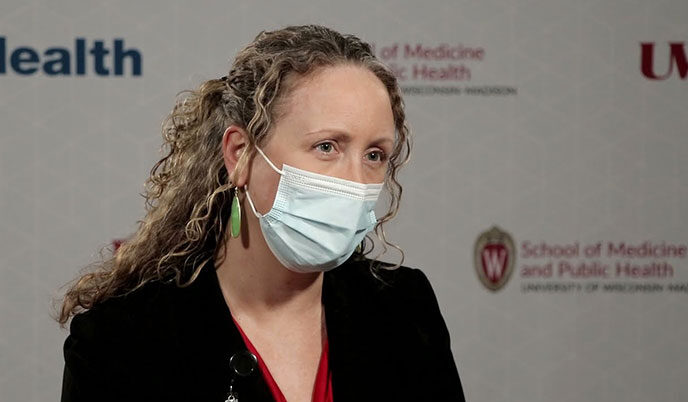
UW shows strong presence at Alzheimer’s Association International Conference
The world’s largest and most prestigious Alzheimer’s disease conference is underway this week, and UW Alzheimer’s disease researchers are attending in high numbers, leading several important discussions.